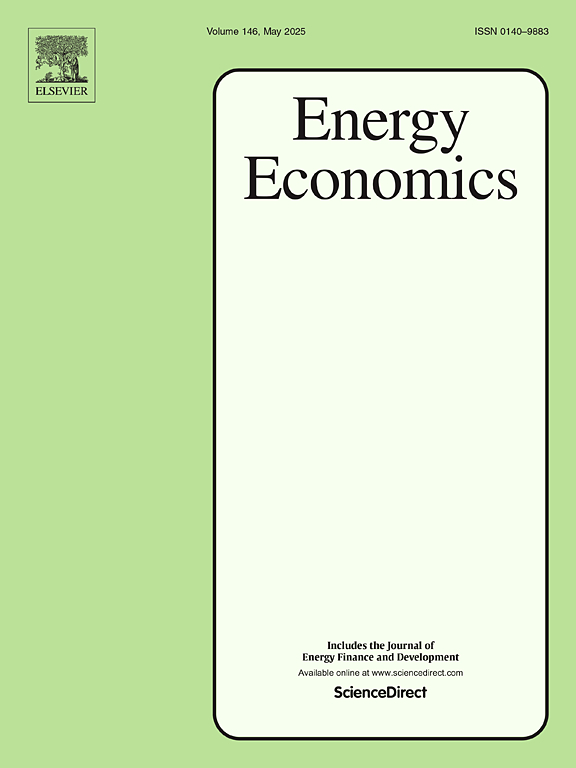
Keyword(s)
Author(s)
Zhimeng Zhu, Ahmed Imran Hunjra, Samar S. Alharbi, Shikuan Zhao
Country(ies)
Publisher
Published Date
Access
DOI
1. School of Economics and Management, Xinjiang University, Urumqi 830047, China
2. IPAG Business School, Chair “Towards an Inclusive Company”, Paris, France
3. College of Administrations and Finance, Saudi Electronic University, Saudi Arabia
4. School of Public Policy and Administration, Chongqing University, Chongqing 400044, China
5. Center for Innovation Management Research of Xinjiang, Xinjiang University, Urumqi 830047, China
The global energy transition is crucial for sustainable development, but is vulnerable to geopolitical risks, leading to market turbulence, rising uncertainty and impeding policy implementation. Previous studies have mostly focused on energy security and geopolitical instability, but their systemic impact on energy transition remains unexplored. This study analyses this relationship through fixed-effects regression and moderated-effects modeling using monthly panel data for 41 countries over the period 2003–2021. It finds that geopolitical risks significantly hinder the energy transition by exacerbating price volatility, disrupting supply chains, and changing policy priorities. However, countries with strong renewable energy capacity, sound fiscal mechanisms, and flexible labor markets are better able to mitigate these effects, while resource-dependent and militarized economies face greater delays. This study integrates geopolitical risks into the energy transition framework, provides empirical evidence and emphasizes that Governments should increase energy resilience, expand domestic renewable energy production and implement sound fiscal policies to cope with geopolitical uncertainty.